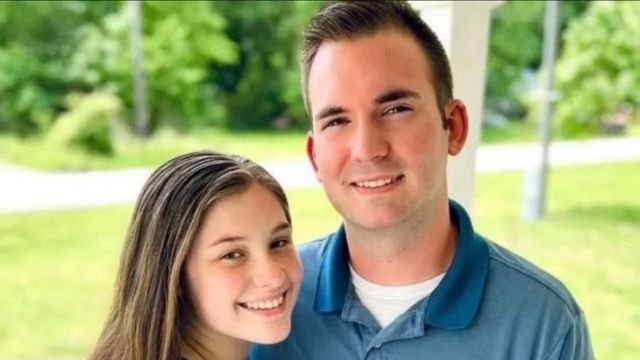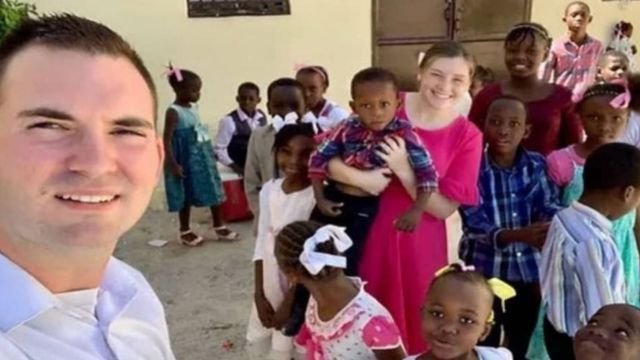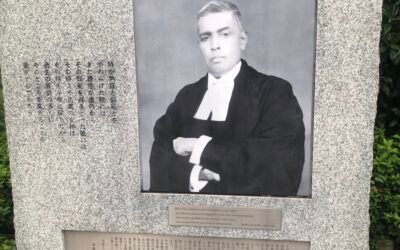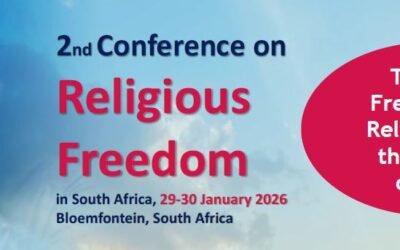Gang violence made another three missionary victims. Does it make sense to stay?
by Massimo Introvigne

She was the daughter of popular Missouri State legislator Ben Baker. Her name was Natalie Lloyd and she had decided to work as a missionary in Haiti with her husband Davy, who was himself the son of missionaries and grew up there. On May 23, Davy, 23, and Natalie, 21, were in Lizon in northern Port-au-Prince, with Haitian citizen Jude Montis, the country’s director of Missions in Haiti Inc. Suddenly, they were attacked by armed shooters. What happened next is hard to reconstruct and the trio was perhaps caught in the crossfire between two rival gangs. What is certain is that, when the gangs left the scene, all three were dead.
What happened in Lizon ignited a debate in Haiti and beyond on whether foreign missionaries should not simply conclude that their work is too dangerous and leave. This is a position supported by the U.S. Department of State, which regards the public order in Haiti as non-existent. Reportedly, gangs control 90% of the territory in the capital Port-au-Prince. Those killed by them are on average 400 per month.
Before the collapse of the Haitian state that followed the assassination in 2021 of President Jovenel Moïse, there was a sort of unwritten agreement between the missionaries and the gangs. Those who did humanitarian work rather than simple religious proselytizing were largely left alone. This sort of agreement is no longer in force. Missionaries are kidnapped for ransom just as everybody else (some had a lucky escape in 2021). They are robbed and killed. Women are raped.

There is, however, a factor that is not always mentioned in the debates on whether foreign missionaries should leave. Missionaries are killed for money, to rob them, but not always and not only. Some of the most vicious gangs, including those part of the Viv Ansanm (“Live Together”) cartel that probably killed the Lloyds and Montis, resent the work of missionaries, who create schools and centers offering to young men and women an alternative life. The missionaries’ aim is to avoid that their young pupils will be recruited by the gangs. And gangs do not like it.
A Protestant missionary who spent long years in Haiti and has now left the country, speaking to “Bitter Winter” on the condition of anonymity, believes that “missionaries are the only hope for Haitians. The United Nations have proved remarkably ineffective. The youth can either be saved by the missionaries or get recruited by the gangs and die young.”
Asked whether the gangs may be perceived as avengers after scandals of trafficking children for adoption involved some missionaries, the pastor told “Bitter Winter” that “these were isolated incidents overemphasized by local media.”

Massimo Introvigne (born June 14, 1955 in Rome) is an Italian sociologist of religions. He is the founder and managing director of the Center for Studies on New Religions (CESNUR), an international network of scholars who study new religious movements. Introvigne is the author of some 70 books and more than 100 articles in the field of sociology of religion. He was the main author of the Enciclopedia delle religioni in Italia (Encyclopedia of Religions in Italy). He is a member of the editorial board for the Interdisciplinary Journal of Research on Religion and of the executive board of University of California Press’ Nova Religio. From January 5 to December 31, 2011, he has served as the “Representative on combating racism, xenophobia and discrimination, with a special focus on discrimination against Christians and members of other religions” of the Organization for Security and Co-operation in Europe (OSCE). From 2012 to 2015 he served as chairperson of the Observatory of Religious Liberty, instituted by the Italian Ministry of Foreign Affairs in order to monitor problems of religious liberty on a worldwide scale.



